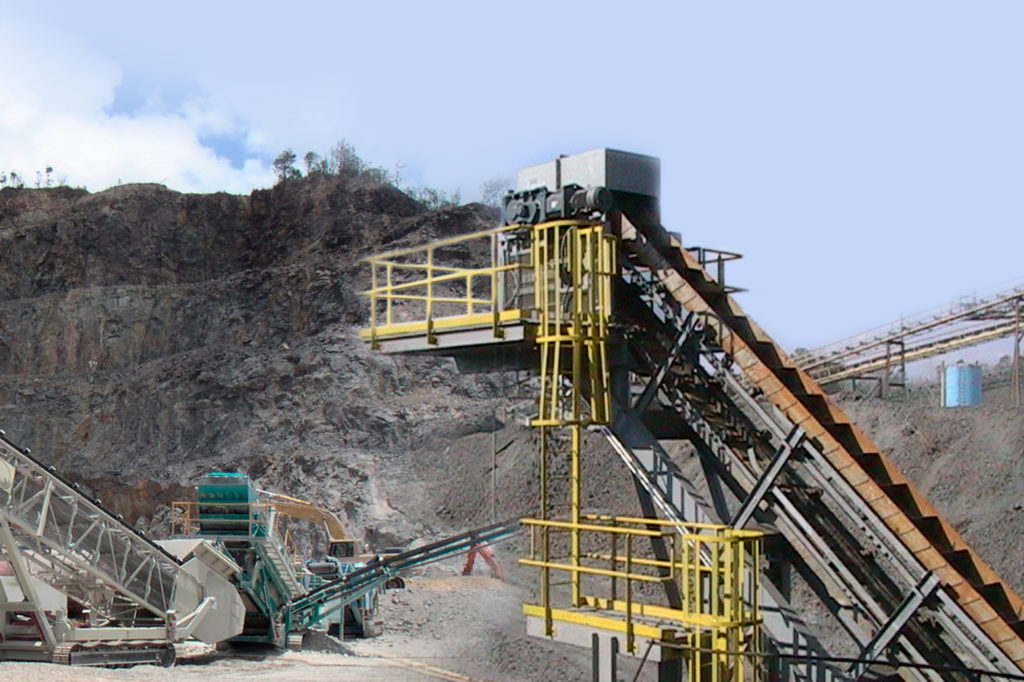Even though the energy-efficient concepts and products are costlier than conventional ones, they are gaining their feet fast for their long-term financial impacts
Energy efficiency is the word for the moment in any industry, and bulk material handling is no exception. Today it is one of the critical design and performance parameters. Achieving energy efficiency starts from better laying out project design and selection of equipment with optimum service factors.
Achieving energy efficiency
Every day, almost every industry is looking for innovative ways to achieve energy efficiency. Y. Srinivas Reddy, Founder and Managing Director, Bevcon Wayors Pvt. Ltd., shares his ideologies to achieve that. Here are some of his methods:
• Using energy-efficient drives and components in equipment engineering
• Using gravitational energy for material flow
• Adopting proper preventive maintenance practices
• Effective utilisation of machine, avoiding idle times and uneven loading and overloading
• Using right-fit electrical connectivity accessories to avoid power loss automation of equipment example: when not in use automatic switch off.
• Developing friction-free components to minimise energy absorption
• Developing re-generation conveyors for energy generation.
Mr Reddy believes that on average 10-12 per cent enhanced energy efficiency can be achieved though these methods. In specific cases it can be to the extent of 30 per cent.
Advantages of eco-friendly
Advantages of going green or using alternative fuels are many. Dayanand Dalvi, CEO, ATS Conveyors India, tells how using alternative fuel helps the bulk material handling industry.
• Reduction of energy cost
• Sustainability
• Limit emission of Nox
• Industrial ecology.
It is high time. The energy cost is going up day by day, and the shortage in interrupted power means the industry should make buyers and machine builders aware of energy efficiency. In the long term, energy-efficient products would be the saviours.
Even Mr Reddy thinks the same. He says, “Even though energy-efficient concepts and products are costlier than conventional one, the preference has been given to energy-efficient products, considering long-term financial impacts.”
Cookie Consent
We use cookies to personalize your experience. By continuing to visit this website you agree to our Terms & Conditions, Privacy Policy and Cookie Policy.

















